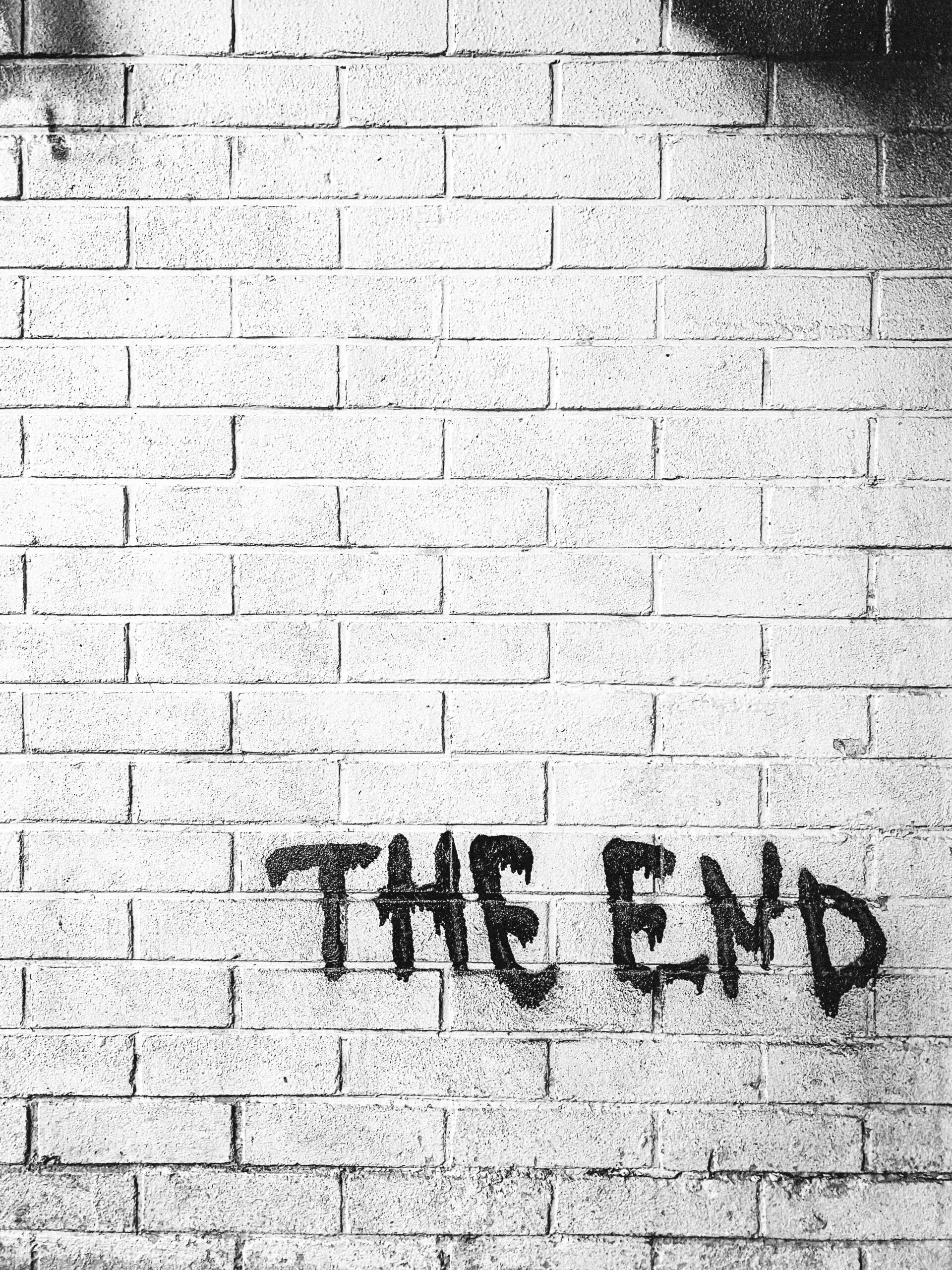There is a stigma attached to mental illness. I think virtually everyone knows it. I also think that most will say that there should not be a stigma attached to mental illness. Stigmas are tough to shake, though. I don’t know that I have any answers to this problem, but I’m trying to tell myself the right things to lessen their impact.
I should start by saying that I hate terms like mental illness and mental health. It is a philosophically dubious position to separate mental and physical. It’s a shame that particular piece of Cartesian philosophy has had such a lasting impact. But that’s not really why I hate the terms. I hate them because they instantly separate certain illnesses. The flu is an illness. Depression is a mental illness. It is a short step from there to saying that the flu is a real illness and depression is not. Just like an injury is an injury whether it is a toe or the brain that is injured, an illness should be an illness regardless of what part of the person it attacks. Giving something not only its own name, but its own category, won’t help people treat it as normal.
One thing I’ve often heard from others who suffer from mental illness is that it would be easier if it were a physical illness because then other people could see it. The only problem with that line of reasoning is that most physical illnesses are invisible. Of course some, like chicken pox, have tell tale physical signs, but most do not. I can’t look at someone and know they have Alzheimer’s or hypertension. For some, I can look at behaviors. If I see someone sneezing and coughing, I can guess they have a cold. But it is never more than a guess, and it doesn’t work for illnesses like Crone’s Disease or an ulcer. Most physical illnesses are just as invisible as mental illnesses.
There are also stigmas attached to physical illnesses. If people think you’re contagious, they treat you differently. People make judgements about a patient’s lifestyle and habits with a bunch of physical diseases from HIV to warts. The more chronic the illness, the worse it is. And the rarest physical diseases have the worst stigma.
The simple fact is that one of our deficiencies as humans is anything that varies from normal makes us uncomfortable. That is where stigmas come from. You see stigmas with people who are extremely tall or extremely short. Extremely smart or extremely dumb. Extremely heavy or extremely light. You see them with unusual physical features and unusual lifestyles. It’s shameful, but it seems that one of the few constants that runs through humanity is these stigmas.
When it comes to mental illness and stigmas, I think the real problem is that the illnesses themselves reinforce the stigmas. This isn’t blaming the victims, it is just how it is. With illnesses like depression, there is a ton of self doubt. It is isolating. It is common for sufferers to feel worthless, anxious and even a little paranoid. Those things make it easy to assume that others feel the same about the sufferers as the sufferers feel about themselves. It is a vicious circle. The stigmas help justify the feelings which make the sufferers sensitive to the stigmas.
This is certainly something I’ve been fighting while dealing with my depression. It is almost like I want people to treat me differently. That would be the perfect excuse to push them away, to run and hide and be by myself. I know isolating myself is about the worst thing I can do, but it doesn’t stop me from wanting to do it.
While acknowledging that stigmas are real and harmful, I keep reminding myself that part of the depression causes the stigmas to feel worse than they are. I keep reminding myself that depression, in one form or another, is relatively common. And I keep writing these little posts to help myself, and anyone who happens to read them, get past being stigmatized.










